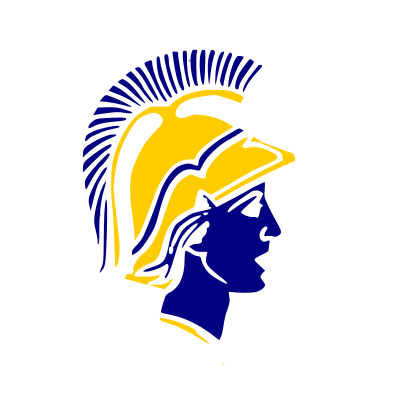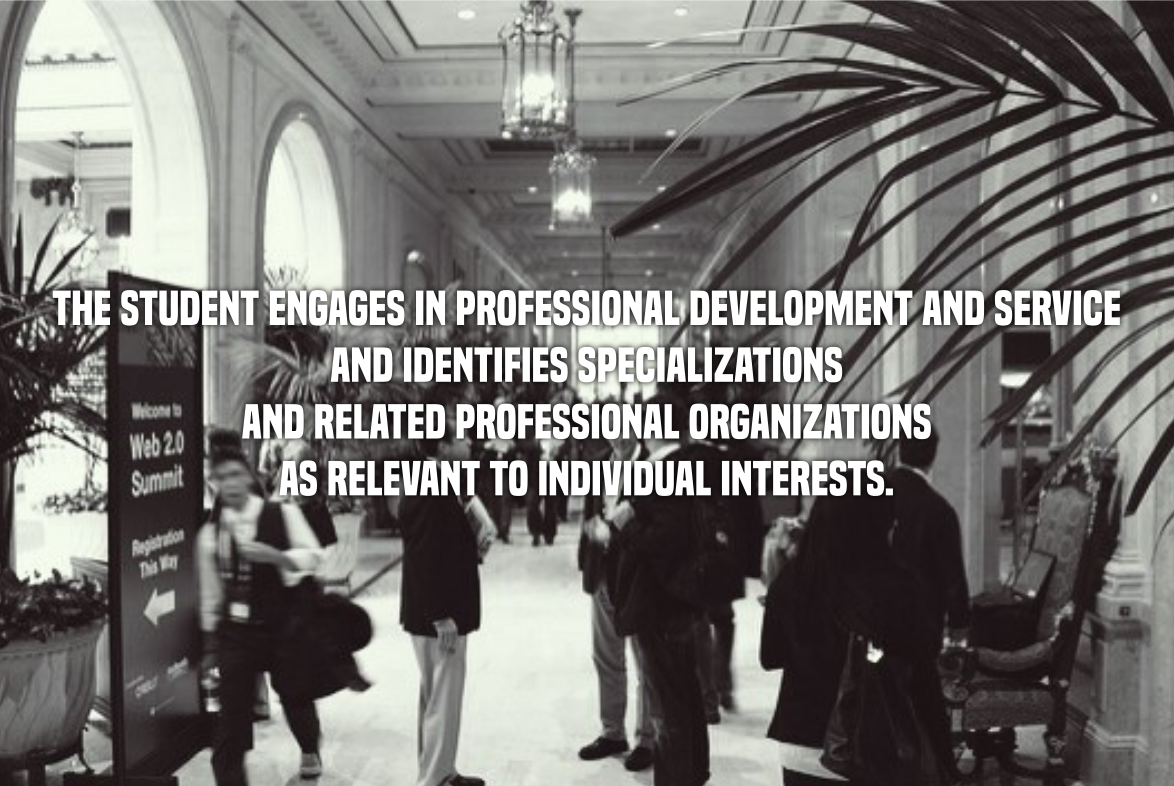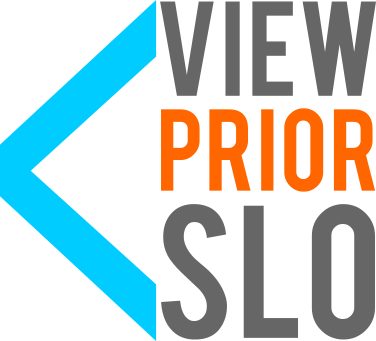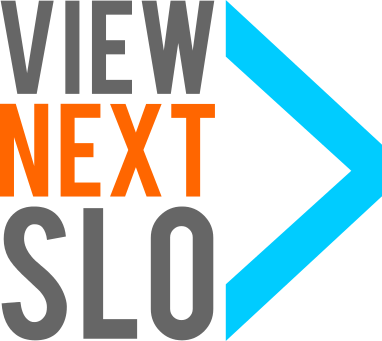Table of Contents
Student Learning Outcome Five
Reflection
The fifth Learning Outcome asks students in the program to step outside of the classroom and find ways to apply their work in professional contexts. Conferences, workshops, webinars, and poster sessions are all ways that a student can connect with the professional field they are in, not only for opportunities in discussing their own passions and research, but also to network with others who are similarly focused.
In a 2007 paper from Richard Sayers 1), professional development among new librarians was explored:
For many Generation X staff working across a range of professions, access to professional development has become an important component of their overall remuneration package, and thus their decision to remain with an organization longer term. In IT related professions for example, many Generation X’ers are happy to forgo traditional perks such as company cars in favour of attendance at expensive industry conferences; where they can acquire new skills and network with old and new contacts. Access to professional development also figures highly in any decision to join a new organization.
These opportunities for young information professionals to blossom cannot be understated. By seeking out professional development opportunities, young academics can deepen their own understanding of their field, find research and work areas that they never knew existed, and ultimately create bonds and support systems for the community they hope to spend the rest of their working life with.
To demonstrate this Learning Outcome, I have chosen two different pieces of work from my program. The first is a research paper I helped compose, one which was originally structured to be part of a large library organization. The paper was one that, while not published, allowed myself and the others involved in it to speak fluently with our peers at professional conferences such as the NCLA's 2) 61st Biennial Conference in 2015.
The second is my collection of blog posts written during my time with Duke's AUX 3) department as a field study student. These blog entries detail my frustrations, celebrations, and relationships with the AUX team – something which ultimately led to me learning about UX within a library setting and putting me on a course of wanting to build a similar department within the university library that I eventually call my own.
Exemplars
Social Media Observations and Best Practices
For our LIS690 Practicum, myself and three other students were tasked with examining the social media practices of our program's department. We looked at Facebook, Twitter, LinkedIn, Tumblr, and Instagram, then evaluated how they could be better managed to communicate with existing students, faculty, and alumni.
This project was chosen to represent Learning Outcome Five for two reasons: first, it was originally intended to be a close examination of the NCLA's social media practices. The majority of the setup involved for this project was directly tied to this large organization, and while it was eventually transferred as a smaller project to UNCG's LIS department, the scaffolding in place was for the NCLA.
Second, the project largely culminated in a three-day event at NCLA's 61st biennial conference, with all of the students involved taking an active role in the library's social media pages. We live-Tweeted the event, sharing photos, commentary, and notes from workshops across the department's social media pages, and effectively bringing the real-world conference into the digital world for our department's followers.
This ultimately became a great network-building and professional development component, as it gave all of us strong footing in the social media workings for a large department or organization, while also encouraging us to be more involved and participatory at the conference than we may naturally have been. You can view the resulting paper below, along with a stream of Twitter posts featuring the hashtag we used at the conference, #NCLASpartan15.
Tweets with hashtag #nclaspartan15
- An error occurred while fetching this feed: https://queryfeed.net/tw?q=%23nclaspartan15
Duke's AUX Department
An optional portion of our program is a Practicum, a space where you take on a part-time job in the library environment you hope to one day find permanent residence in. I took this on and immediately began part time work with Duke University's Assessment & User Experience Department 4).
This job quickly became an integral part of my identity as a librarian – wanting to work to connect people with information, but also to explore effective ways to assess how well that information was being conveyed or found. The AUX department works to do exactly this, by performing usability tests, observational studies, and having Duke personnel complete various studies.
A regular part of the class was maintaining a weekly blog, complete with positive reflections, negative experiences, successes, and frustrations. It was helpful in not only thinking over the week's work, but also in creating a record of reflection for our own professional development and service.
You can view the full reflection blog here. Below, you can read one sample blog entry, regarding one of my proudest moments with AUX.




